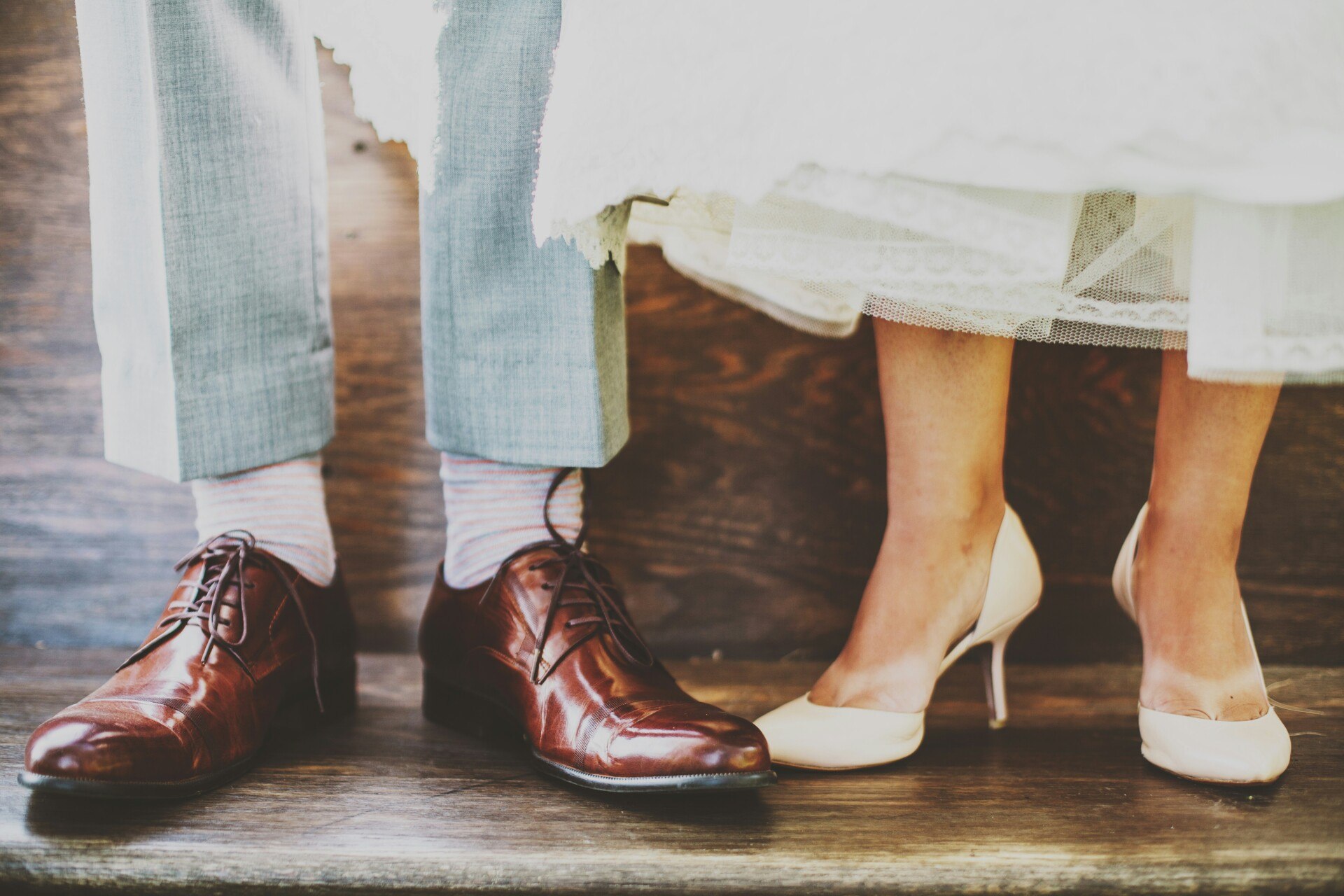Planning a wedding can feel like navigating a maze of traditions and modern twists. Amidst the excitement, it’s easy to overlook the timeless aspects of wedding etiquette that ensure your special day runs smoothly and respectfully. As someone who has guided countless couples through their wedding journeys, I’ve seen firsthand how blending classic wedding traditions with modern approaches can create a memorable and harmonious celebration.
Whether you’re a bride, groom, or part of the wedding party, understanding these enduring customs can help you honor the occasion and your guests. Let’s explore some key wedding etiquette tips that remain relevant and cherished, ensuring your wedding is both beautiful and considerate.
Wedding Manners and Customs: Setting the Tone for Your Celebration
Understanding wedding manners and customs is essential for creating an atmosphere of respect and joy. These timeless practices not only honor tradition but also help manage the expectations of your guests, making everyone feel included and appreciated. From the way you invite your guests to the manner in which you conduct the ceremony, each detail plays a role in setting the tone for your wedding day. One crucial aspect is sending out invitations in a timely manner. Traditionally, invitations are mailed out six to eight weeks before the wedding date, allowing guests ample time to RSVP and make necessary arrangements. Including all essential information, such as dress code, venue details, and registry information, demonstrates thoughtfulness and helps guests prepare accordingly.
During the ceremony, maintaining a respectful atmosphere is key. This includes encouraging attendees to silence their phones, refraining from taking photos during sacred moments, and observing proper seating arrangements. For example, seating the older generations and close family members prominently honors their role in your lives and adds a touch of formality to the event.Incorporating cultural or religious traditions can add depth and personal meaning to your celebration. Whether it’s a Jewish breaking of the glass, a Hindu baraat procession, or a simple unity candle ceremony, these customs connect you to your heritage and enrich the experience for everyone present. By adhering to these wedding manners and customs, you create a respectful and joyous environment that honors both your love story and the guests who share in your happiness.
Formal Wedding Rules: Navigating Traditional Expectations with Grace
Formal wedding rules may seem outdated to some, but they provide a framework that can enhance the elegance and structure of your special day. These guidelines cover various aspects, from attire and venues to the sequence of events, ensuring your wedding maintains a sense of sophistication and order. One fundamental formal rule is the dress code. Specifying a formal or semi-formal dress code helps guests know what to wear, ensuring the overall aesthetic of the wedding remains cohesive. For instance, a black-tie invitation suggests tuxedos and elegant gowns, while a cocktail attire request allows for a bit more flexibility without compromising style.
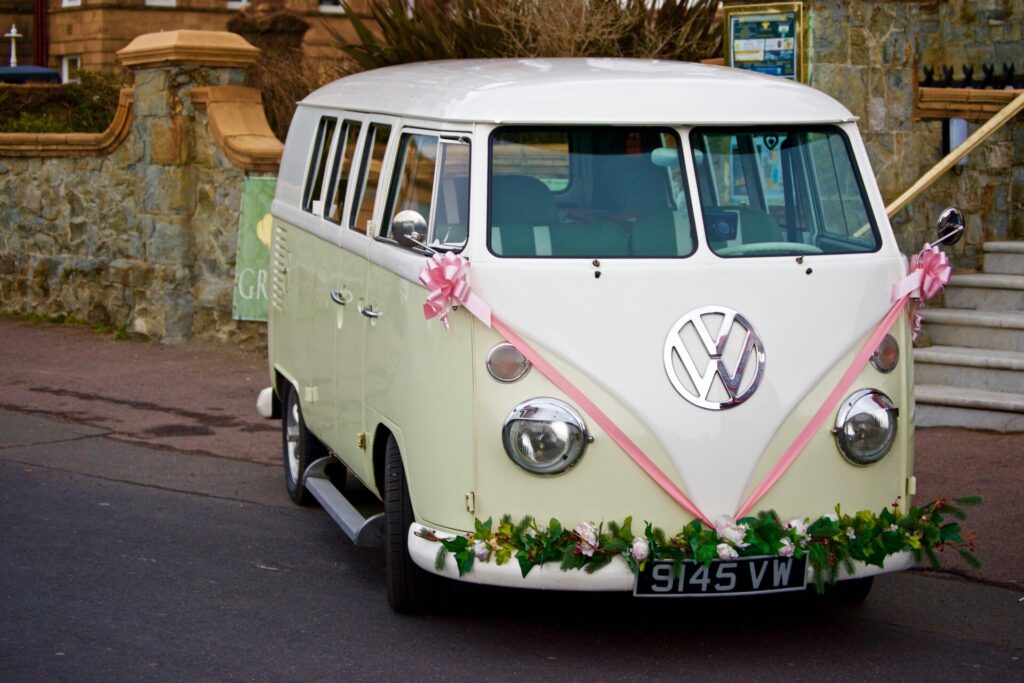
The choice of venue also plays a significant role in adhering to formal wedding rules. Traditional venues like grand ballrooms, historic mansions, or elegant garden settings naturally lend themselves to a formal atmosphere. These locations often come with their own set of expectations regarding decor, timing, and service, which can help guide your planning process.
Another key aspect is the order of events. A formal wedding typically follows a structured timeline, starting with the ceremony, followed by a cocktail hour, dinner reception, speeches, and dancing. This sequence ensures that each part of the celebration receives the attention it deserves, creating a seamless flow that keeps guests engaged and entertained. Incorporating formal wedding rules doesn’t mean sacrificing personalization. You can blend traditional elements with your unique preferences, such as choosing a classic first dance song or incorporating a formal toast. This balance allows you to honor timeless practices while making the day distinctly yours. Adhering to formal wedding rules can elevate your celebration, providing a sense of elegance and tradition that makes your day unforgettable.
Timeless Wedding Etiquette Tips
Maintaining proper etiquette ensures that your wedding day flows smoothly and that all attendees feel appreciated and comfortable. Here are some essential tips to keep in mind:
- Invitation Etiquette: Send out invitations well in advance, typically six to eight weeks before the wedding date. Ensure that all necessary details, such as dress code, venue, and RSVP information, are clearly stated.
- RSVP Promptly: Respond to invitations by the specified date. This helps the couple plan accurately for the number of guests.
- Dress Appropriately: Adhere to the dress code mentioned in the invitation. If unsure, opt for elegant and modest attire unless otherwise specified.
- Respect Gift Preferences: Choose gifts from the couple’s registry or opt for meaningful contributions that align with their wishes.
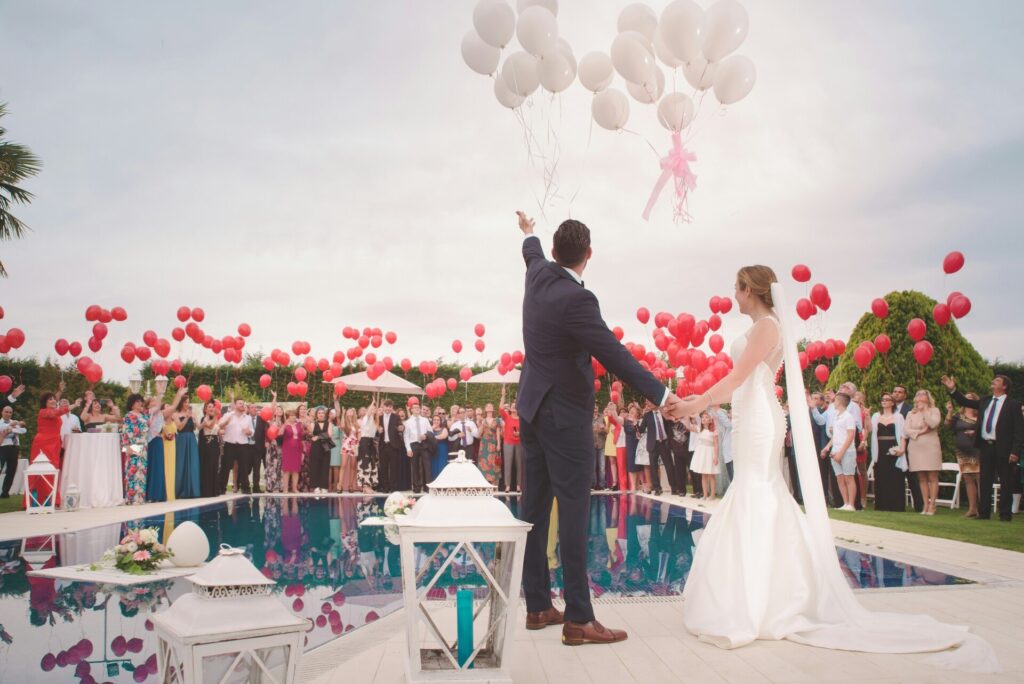
These simple yet effective tips uphold the decorum of the occasion, ensuring that your actions contribute positively to the wedding atmosphere.
Bridal Etiquette Guide: Supporting the Bride with Grace and Respect
Being a bride is a special role that comes with its own set of expectations and etiquette. A bridal etiquette guide helps navigate these responsibilities, ensuring the bride feels supported and respected throughout the wedding planning process and on the big day itself. One essential aspect is maintaining clear communication with your bridal party. Selecting bridesmaids who are genuinely supportive and communicative is crucial. Regularly updating them on plans, timelines, and expectations fosters a sense of teamwork and ensures everyone is on the same page. It’s also important to show appreciation for their assistance, whether through thoughtful gifts, heartfelt thank-you notes, or simply acknowledging their efforts.
Another key element is handling invitations with care. Sending out bridal showers and bachelorette party invitations well in advance allows your friends and family to plan accordingly. Providing detailed information about the events, including dates, locations, and any necessary preparations, helps avoid confusion and ensures maximum participation. On the wedding day, the bride’s demeanor sets the tone for the entire event. Staying calm and composed, even amidst last-minute changes or challenges, demonstrates grace under pressure. Delegating tasks to trusted members of your bridal party can lighten your load and allow you to enjoy every moment without feeling overwhelmed. By following a bridal etiquette guide, the bride can navigate her special day with confidence and poise, creating a positive and memorable experience for herself and her guests.
Guest Etiquette at Weddings: Ensuring a Delightful Experience for Everyone
Guests play a significant role in the success of a wedding, and understanding guest etiquette at weddings ensures that everyone has a pleasant and respectful experience. Being aware of the expected behavior and responsibilities can make the event enjoyable for both the couple and the attendees. One important aspect is RSVPing promptly. Responding to the invitation by the requested date allows the couple to finalize plans and accommodate all guests comfortably. If you’re unsure about your attendance, communicating your intentions as soon as possible helps the couple manage their guest list effectively.
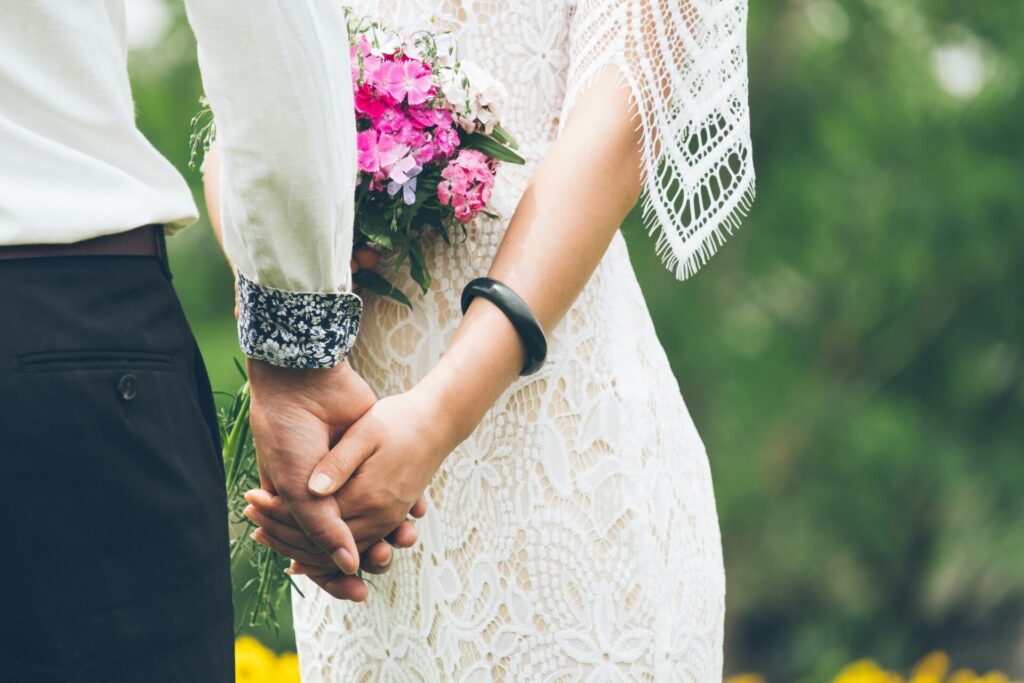
Arriving on time is another key component of guest etiquette. Weddings typically follow a set schedule, and arriving late can disrupt the ceremony and inconvenience other guests. Plan to arrive a bit early to find your seat and settle in, ensuring you don’t miss any important moments. During the ceremony, maintaining a respectful demeanor is essential. This includes refraining from using your phone, avoiding loud conversations, and following any specific instructions provided by the couple. Standing and sitting at appropriate times, based on cultural or traditional cues, shows your attentiveness and respect for the proceedings.
When it comes to gifting, understanding the couple’s registry and preferences can guide you in selecting a thoughtful present. Attending to the gift-giving etiquette, such as sending gifts ahead of time or bringing them to the reception, demonstrates your generosity and consideration for the couple’s wishes.Participating in the festivities with enthusiasm and positivity enhances the overall atmosphere. Dancing, engaging in conversations, and celebrating with joy contribute to a lively and memorable celebration that honors the couple’s union. By adhering to guest etiquette at weddings, you contribute to a harmonious and enjoyable event, ensuring that everyone leaves with fond memories of the special day.
Classic vs. Modern Wedding Etiquette
| Aspect | Classic Etiquette | Modern Etiquette |
|---|---|---|
| Invitations | Formal paper invitations sent by mail six to eight weeks in advance | Digital invitations with RSVP options online |
| Attire | Traditional formal wear, such as tuxedos and floor-length gowns | Personalized attire with flexible dress codes like cocktail or semi-formal |
| Ceremony | Structured with specific religious or cultural rituals | Flexible formats incorporating personal and unique elements |
| Gifts | Registry-based gifts with a preference for traditional items | Varied gift options including experiences and personalized items |
| Reception | Formal dinners with assigned seating and structured timelines | Casual receptions with open seating and interactive activities |
Classic Wedding Traditions: Honoring Your Heritage and Story
Classic wedding traditions hold a special place in wedding etiquette, providing a sense of continuity and connection to your heritage and personal story. These traditions, whether rooted in cultural practices or universally appreciated customs, add depth and meaning to your celebration. One enduring tradition is the exchanging of vows and rings. This ritual symbolizes the commitment and love between the bride and groom, serving as a tangible reminder of their promises to each other. Personalizing your vows can make this moment even more heartfelt, while choosing meaningful rings reflects your unique bond.
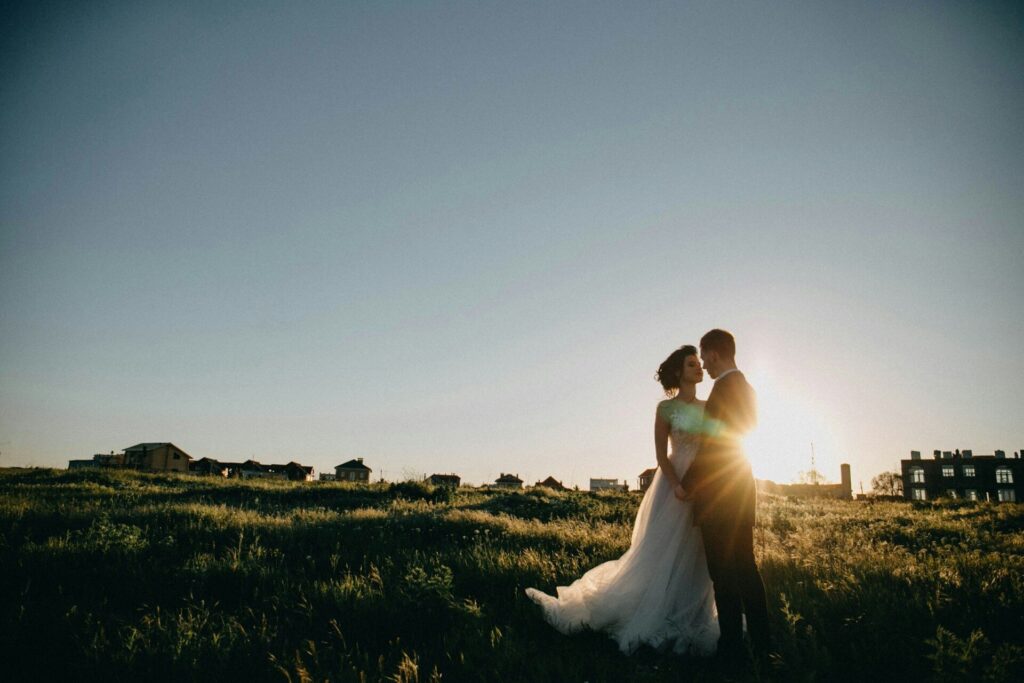
The first dance is another cherished tradition, representing the couple’s unity and the beginning of their journey together. Selecting a song that resonates with both partners adds a personal touch, creating a memorable highlight for guests to enjoy. Incorporating family traditions, such as lighting a unity candle or performing a tea ceremony, honors your roots and brings your families together. These practices provide a meaningful way to blend different backgrounds and create a harmonious and inclusive celebration. By embracing classic wedding traditions, you create a rich and meaningful experience that honors your past, celebrates your present, and looks forward to your future together.

